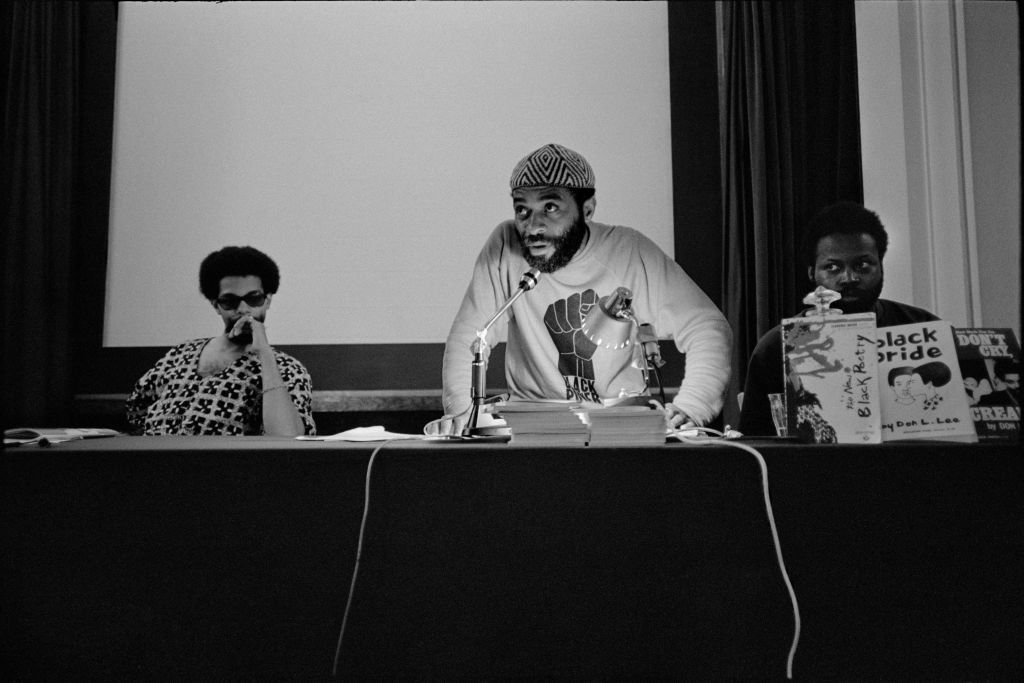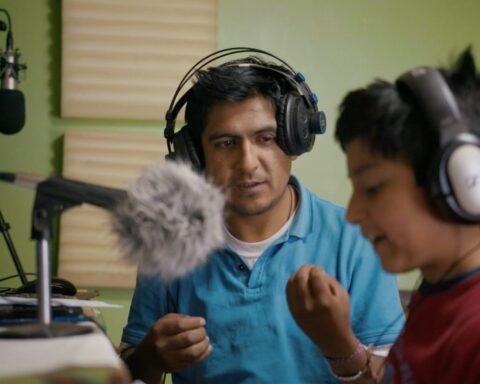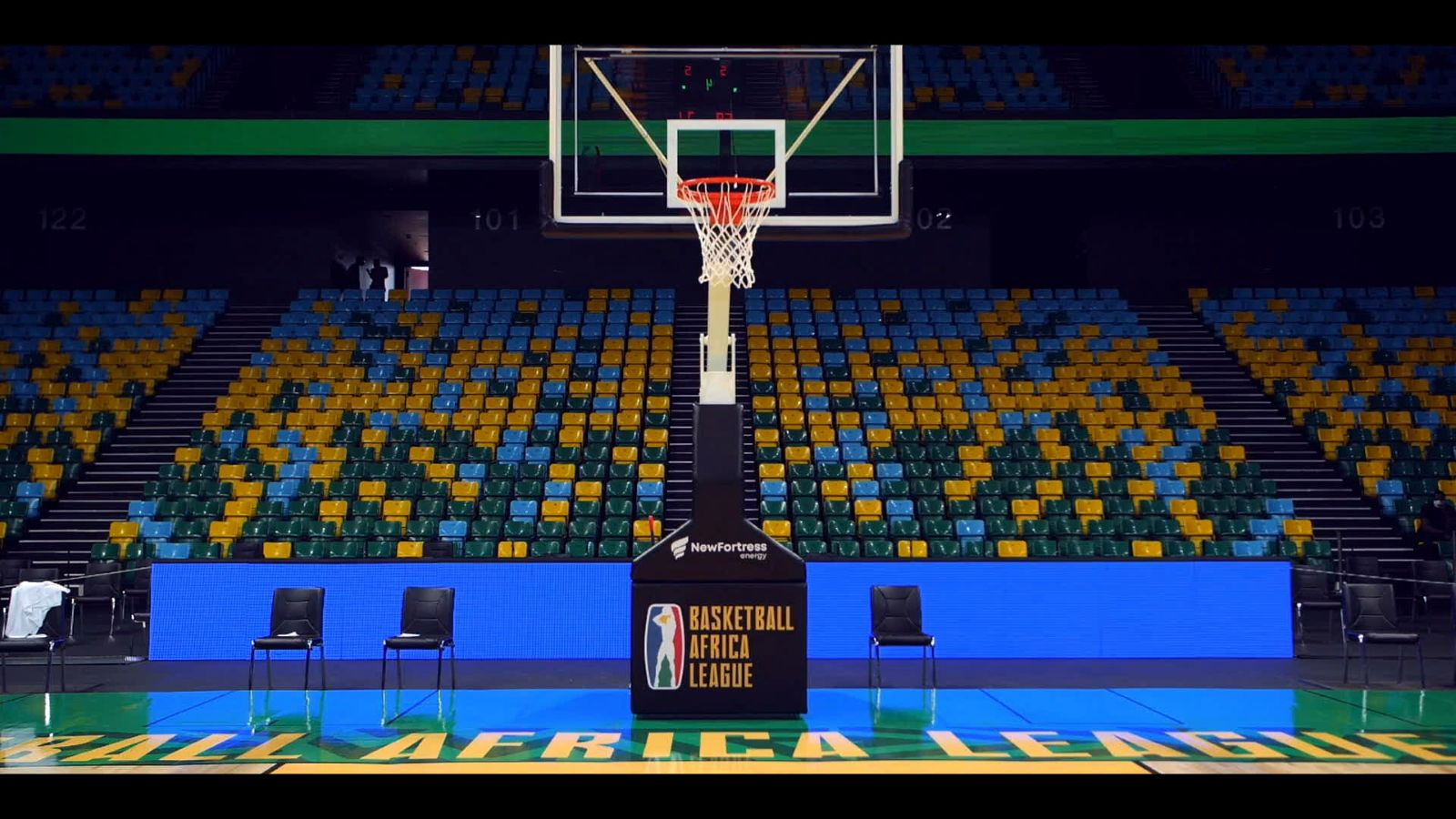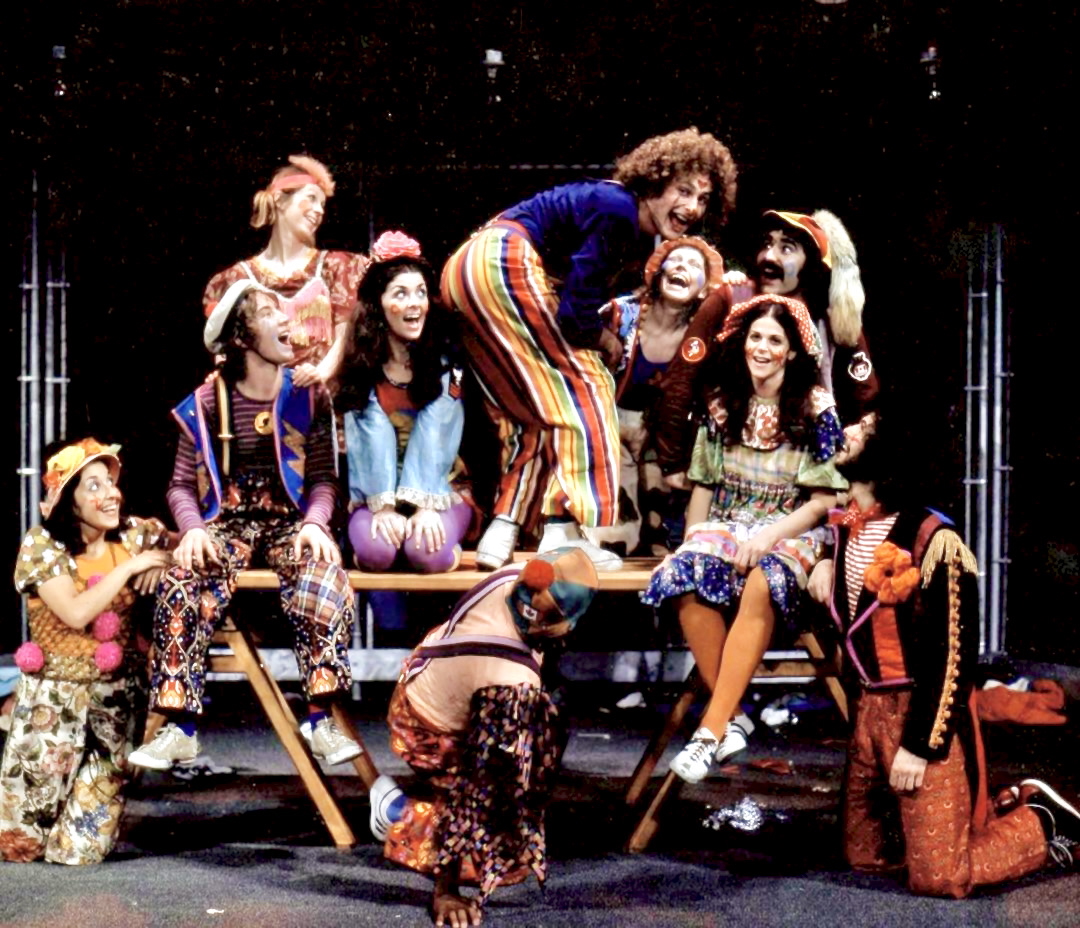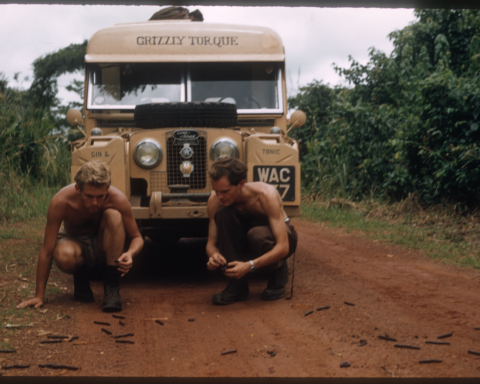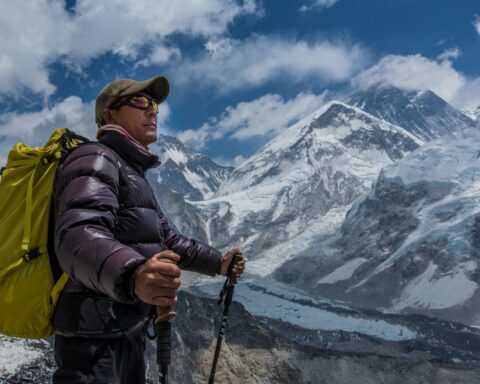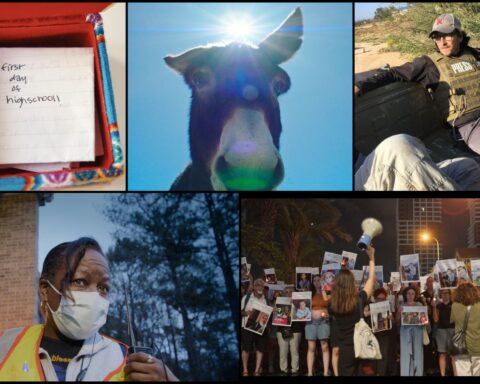True North
(Canada, 96 mins.)
Dir. Michèle Stephenson
Programme: TIFF Docs (World premiere)
In archival footage of a contentious television interview, activist Roosevelt “Rosie” Douglas points out that when white people travel to the Caribbean, they are given the red-carpet treatment. However, when Black people come to Canada, they are often treated like dogs. It is a striking statement but, as the audience observers in Michèle Stephenson’s searing documentary True North, there is historical truth in Douglas’ words. A popular travel destination point for over 400 years, Canada has been an integral spot for Black migration from across the globe. While the land of maple syrup and hockey proudly wear its multiculturalism on its sleeve like a badge of honour, the adhesive that holds it in place peels off quickly under the weight of scrutiny.
Using the infamous 1969 student protest at Sir George Williams University (now known as Concordia University) in Montreal as the bullseye for her historical arrows, Stephenson constructs a stirring and galvanizing piece of activist cinema. Noting that crossing borders, whether through forced migration, the need to escape oppression, or the pursuit of a better life, to name a few, has been at the heart of the Black experience, True North documents how the destination is often as traumatic as the experience that led to the journey in the first place.
True North shows how the Canadian dream turned into a nightmare for a group of Haitian students who were seeking a better life away from the brutal regime of President François Duvalier. Studying at the university, the students quickly learned, much like other Black immigrants from the Caribbean, that beneath the polite Canadian demeanour laid deep-seeded bigotry. This was clear at Sir George Williams University where professors like Perry Anderson faced multiple allegations of biases against Black students. This included marking Black students harsher than their white classmates, even when the latter were copying their work word-for-word, and not affording them the same opportunities to reschedule exams like others could.
After administration refused to fully investigate the allegations, the students decided to occupy the ninth-floor computer lab as a form of peaceful protest. The two-week standoff became hostile when the police used questionable tactics, and a mysterious fire put the students’ lives at risk. While the media attempted to sell a narrative that demonized the protesters, Stephenson’s documentary captures how the incident was one of the byproducts of Black liberation movement that was occurring across the Black diaspora in the 1960s.
As institutions across the globe tried to use the pillars of colonialism to keep Black people in their place, activists like Douglas, who would become the future Prime Minister of Dominica, and Stokely Carmichael were fighting to break oppressive chains. In capturing the influence of the Civil Rights Movement and those speaking up for Black equity and equality, True North distinguishes itself from other documentaries, such as Mina Shum’s 2015 film Ninth Floor, which also screened at the festival, that covered the events at Sir George Williams University. While Shum’s film takes viewers deep into events leading up to and during the tense protests, it never moves too far past the university pond in which it fishes.
By contrast, Stephenson’s riveting work makes it clear that Professor Perry Anderson was not the exception, but the norm. A byproduct of a country where young white children in Montreal voice their dislikes for Black people, despite them being only 1% of the population, simply because their parents instilled that fear in them.
Constructing her collage of racial struggle and freedom primarily through archival footage, True North holds an unflinching mirror that reflects the darkness behind Canada’s sunny and nice demeanour. Whether touching on the poor treatment of the Black community in Nova Scotia’s Africville, where they were denied running water and proper sanitation, or showing how Black immigrants used community centres to build communal fellowship, Stephenson captures how the Black Canadian experience has been one of constant struggle and overcoming adversity.
Sprinkling in interviews with those who took part in the protest, including Dr. Norman Cook, Brenda Dash, Dr. Rodney John, and more, the documentary is a reminder that the fight is far from over. More than a simple call to action, True North is a pulsing prompt that Canada’s past reverberates in the present.
Unflinching in its message, the documentary will no doubt make those who only see Canada in a sunny light uncomfortable. However, it is through discomfort that positive change is achieved. Stephenson ask viewers to sit in the unease and learn from the historical truths that often go unspoken.
Canada may never fully roll out the red carpet for Black immigrants, but that does not stop the fight to ensure Black communities can walk in with their heads held high.




